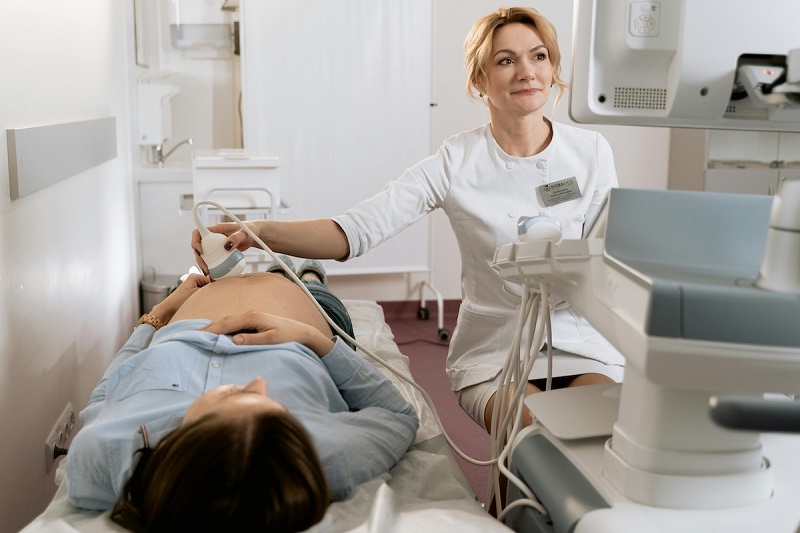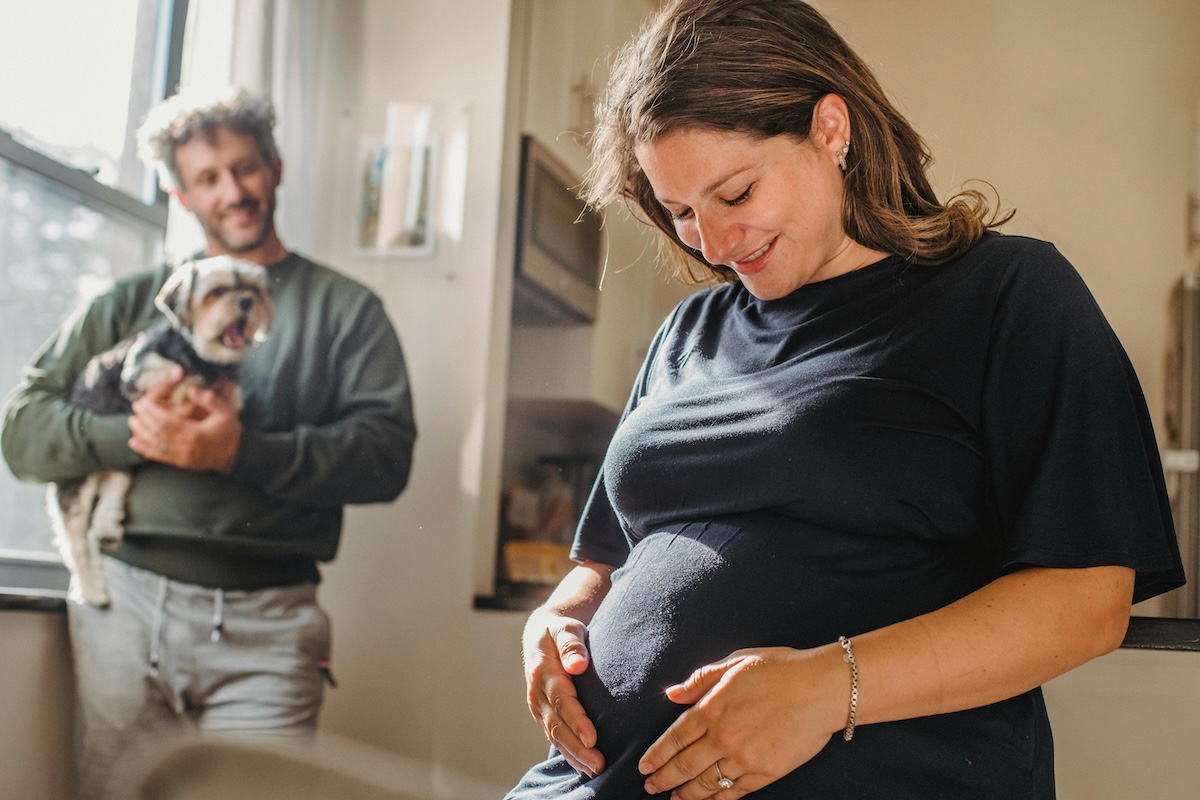I’m 24 weeks pregnant in the U.K. after a successful round of IVF. My consultant doctor said that they would recommend inducing at 40 weeks for IVF pregnancies because of a higher risk of stillbirths for IVF pregnancies and pointed me in the direction of a Danish research paper titled “Risk of stillbirth in low-risk singleton term pregnancies following fertility treatment: a national cohort study.” I was wondering what you make of this and have you come across it?
— Alice
Congratulations!
Labor induction at or close to term has become increasingly common following a large trial (the ARRIVE trial) that suggested that induction at 39 weeks did not lead to an increased risk of C-section. Although some people have questioned these conclusions, there is no question that this has changed medical practice. Without a concern about C-section risk, inductions seem like a better idea.
We have good data suggesting that in general, the risk of stillbirth goes up in late and post-term pregnancy (going to 41 to 42 weeks). So most providers will suggest induction at least at this stage, regardless of risk.

Pregnancies conceived with assisted reproductive technology (IVF or other) are generally seen as having some elements of higher risk. One reason is that, often, women having these pregnancies are at higher risk for other reasons (age being the most obvious). This pushes for earlier induction, because — again — there seem to be few downsides and this is a conservative approach.
Adding to this is some evidence, like the paper you cited above, that stillbirth is more common after IVF. That particular paper uses a very large dataset from Denmark and compares stillbirth risk for IVF pregnancies versus others. The risk is elevated in the IVF pregnancies (0.3% of births versus 0.1%), even when limiting to low-risk pregnancies. This finding lines up with other, smaller studies, though does not agree with one large study in Norway that found no elevated risk.
It is a bit hard to know whether the findings in this study are causal or whether they reflect other underlying risk factors independent of assisted reproduction. The differences between groups become smaller when the authors adjust for certain simple differences across people, which suggests to me that further adjustments might shrink the difference even more.
In the end, though, I am not sure that causality matters that much here. Even if we think the difference reflects some other underlying differences across women, it should still matter for decision-making, since you may have those risk factors. This is an important conversation to have with your doctor in which your preferences should play a role — induction is not everyone’s choice, and stillbirth in any case is a very small risk — but I think it’s reasonable to take into account this small increase.
Community Guidelines




















Log in
Wondering if is there a typo here: “going to 41 to 42 weeks” -> is this meant to be “going ON 41 to 42 weeks”?
I did not do IVF, but was 37 and was recommended to induce in week 39 due to age and it being my first pregnancy. I’m just sharing for anyone wondering whether to schedule and induction for themselves. I was hesitant to do it but ultimately was more afraid of stillbirth so went for it. Interestingly, the drugs they used to induce (misoprostol and pitocin) caused contractions my baby couldn’t tolerate (her heart had prolonged decelerations), so C section was discussed. However, once they turned those off, my normal contractions were underway and not causing problems. So ultimately I did deliver vaginally and she was perfectly healthy. I’m happy with how it went, in the end.
Interesting! I’ve experience that medical advice can differ depending on doctor, hospital, individual, etc., I was 37 for my first delivery and my doctor started offering induction at 41 weeks (as I recall), but was fine with me going until 42 weeks. I had a strong preference against induction, so I waited and went into spontaneous labor right before 41 weeks, and it went well (vaginal birth, healthy baby, easy recovery, though long labor). With my second I delivered a healthy baby right before 42 weeks in a much faster vaginal birth at age 39 (although there was some mixed data on the due date and whether it was actually right before 41 weeks–doctor was assuming 42 to be safe). My babies seem to wait until the last minute! I’m pregnant with my third at age 41 now and my doctor (same for all three pregnancies) recommends not going past 41 weeks this time given the increased stillbirth rates with age. So she’s changed the recommendation now that I’m over 40. Though I wonder if she would have recommended an earlier induction if my other two babies weren’t late but with deliveries that went well, or other personal health factors or preferences were different.
Ooops I meant my first delivery was right before 42 weeks, same as the second.
Kaiser won’t induce low risk pregnancies until at least 41 weeks.
I think this policy may vary across different Kaisers. At our Kaiser, they will schedule a due-date induction if you would like.